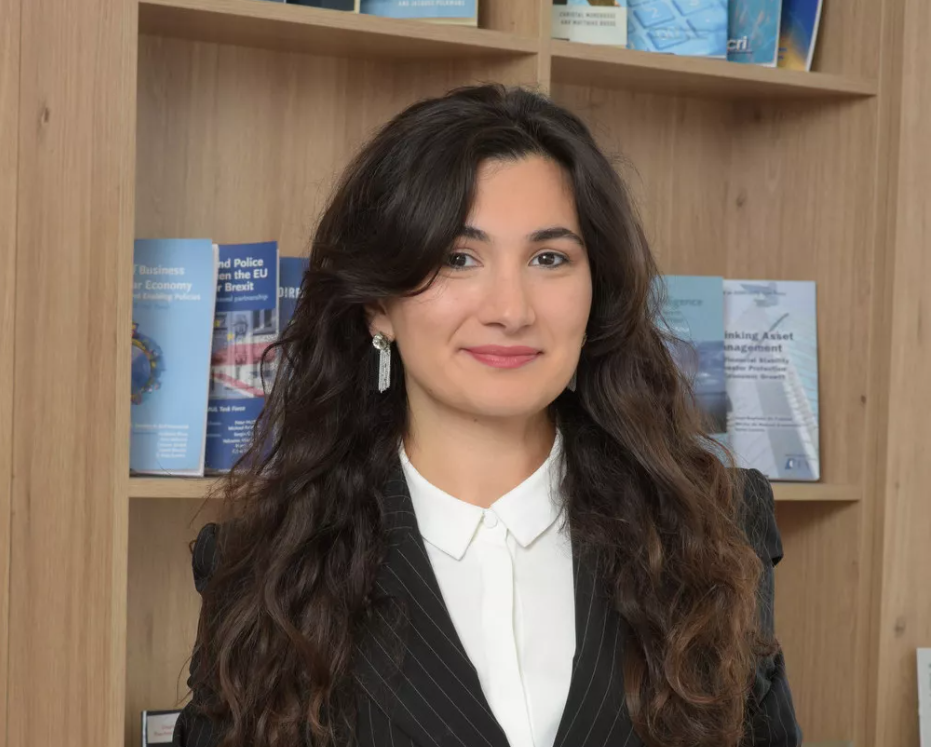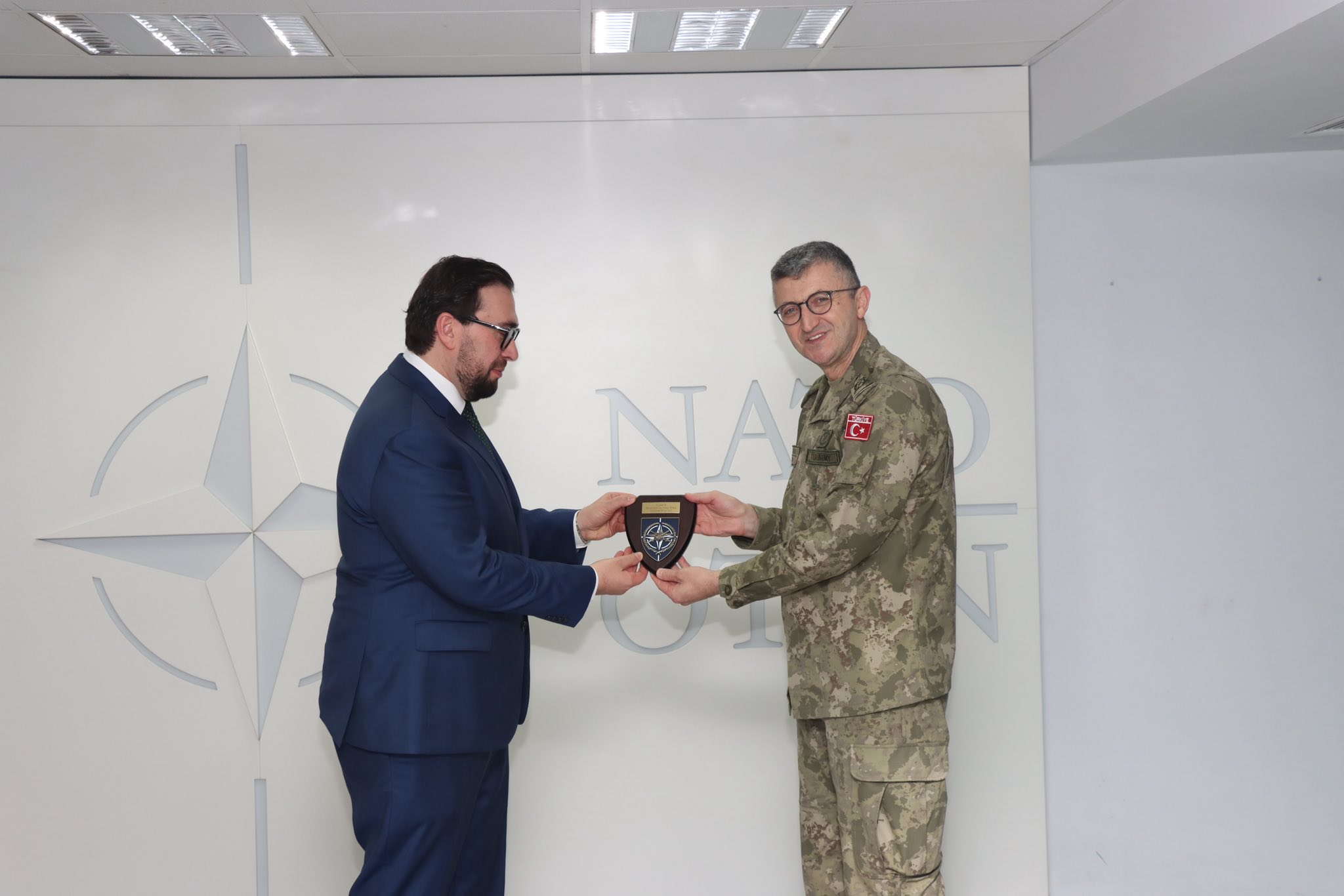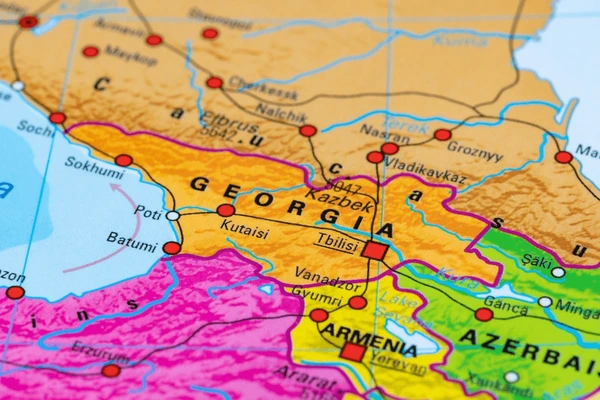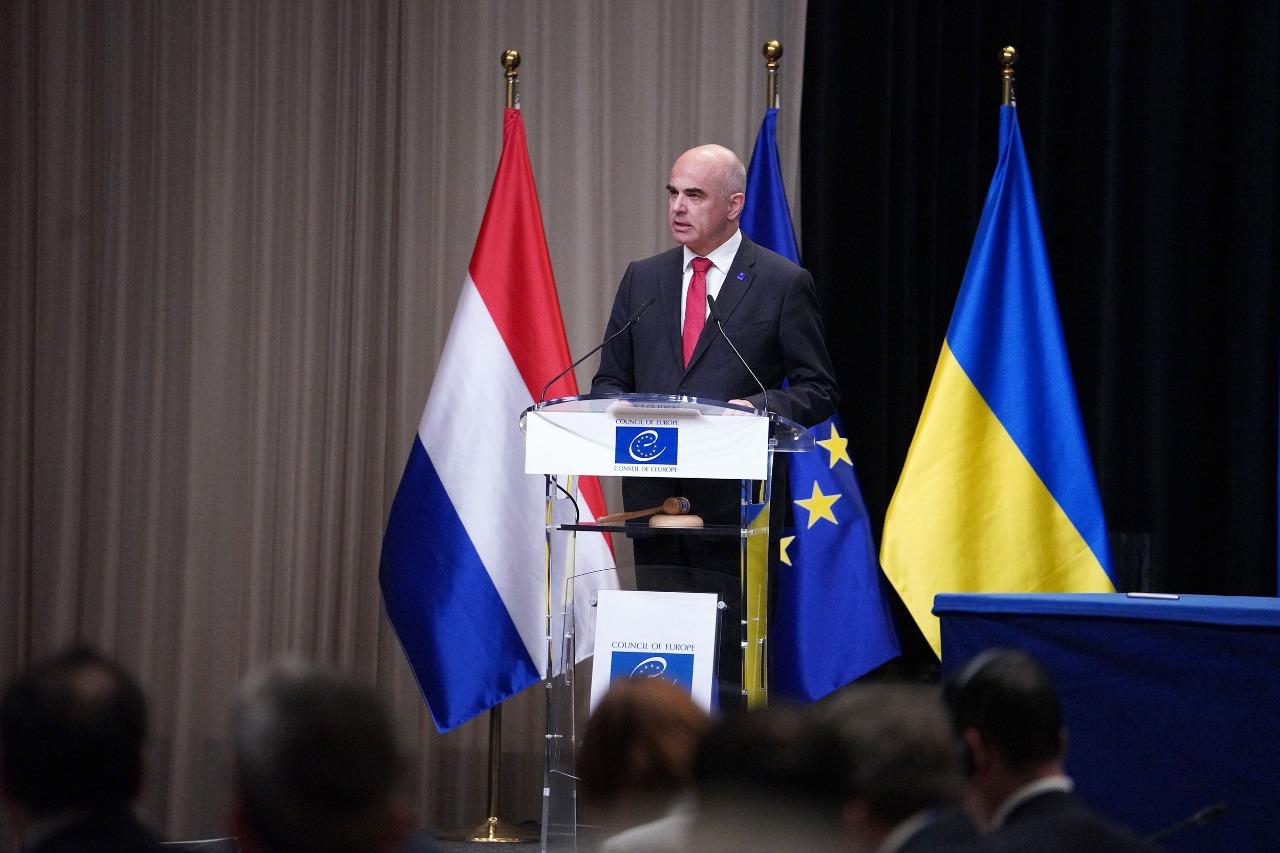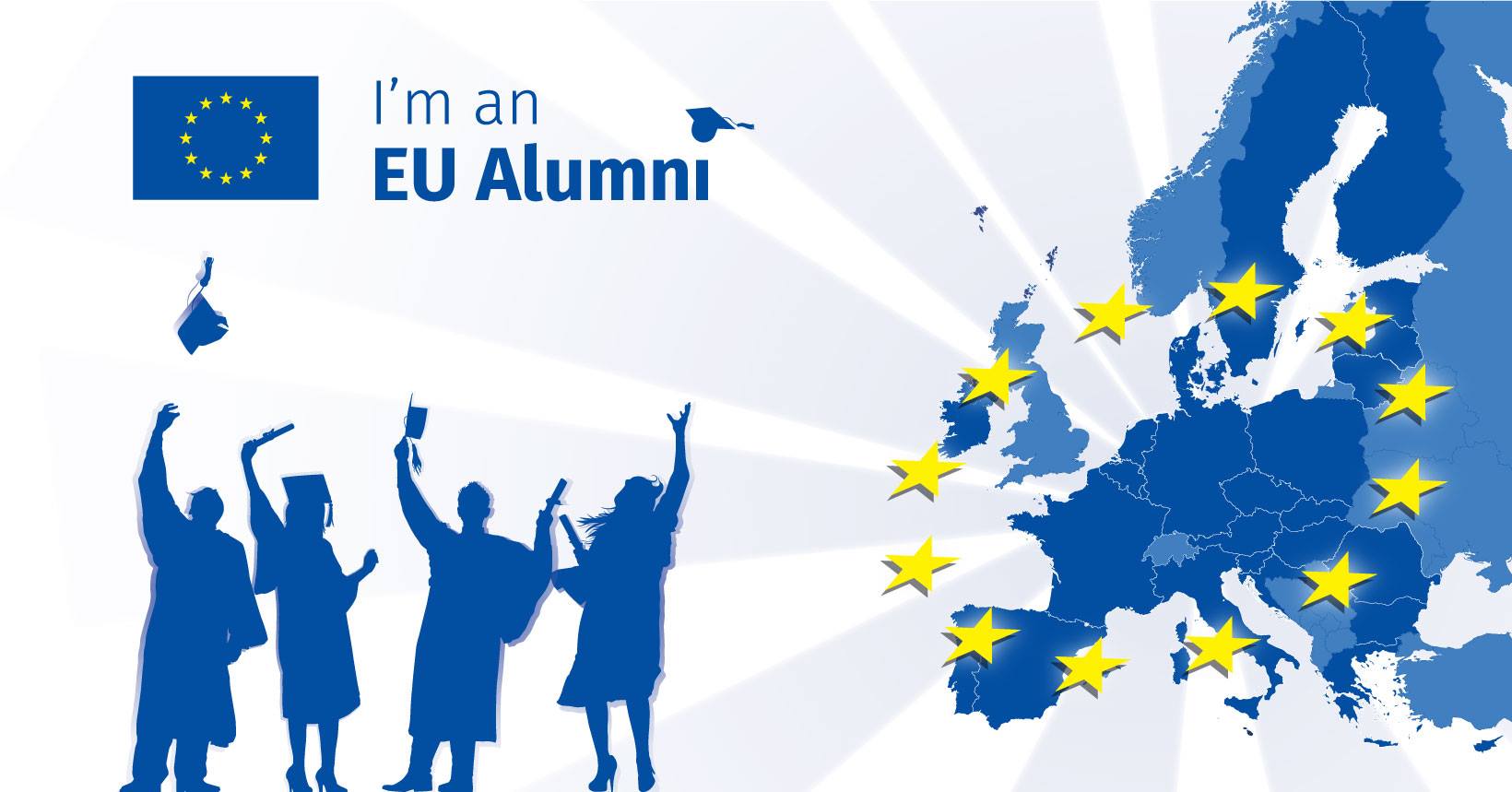The Memorandum signed by the three Associated states two days ago demonstrates the will, ambition, and readiness of Georgia, Moldova and Ukraine to deepen and speed up their integration with the EU. Said Tinatin Akhvlediani, Researcher at the Center for European Policy Studies (CEPS) in an interview with Europe Time.
`Back in December 2019, the DCFTA states have already issued a statement with the request to launch the dialogue with the EU in the “Trio” format. Yet, the statement was not formally addressed by the EU. In this regard, the new Memorandum is an important step in making the cooperation among the AA countries more systemic and the awaiting response from the EU will demonstrate the EU`s readiness to support speeding up the European integration of the „Associated Trio“, - Said Tinatin Akhvlediani.
_Based on the analysis and studies conducted by CEPS with regard to the Eastern Partnership countries, how would you evaluate Georgia's position in terms of relations with the European Union and the implementation of the Association Agreement?
Let me start with a report which Michael Emerson and I have prepared last year for the European Parliament to assess Georgia’s Association Implementation. As pointed out in this study, Georgia is well on track with the implementation of its commitments laid down in the Association Agreement. In fact, there are areas in which the country even went beyond its obligations and aligned its legislation with the newest EU laws (for instance, in digital and cyber areas). Our most recent study on the comparison of the Balkan and the EaP states also shows that among the three Associated States, Georgia scores highest in terms of the implementation of the DCFTA.
When it comes to political and legal governance, the country’s scores are roughly the same as for Ukraine and Moldova, owing mostly to the anti-corruption reforms actively implemented within the past decade. Up to date, Georgia still remains a relatively incorrupt state in the Eastern Partnership region, yet the most recent developments point to a stagnation in anti-corruption reforms and highlight that the country should reinforce its efforts to eradicate corruption. Moreover, Georgia recorded worsening its political reputation by the lack of democratic accountability, informal governance, and irregularities in the 2018 and 2020 presidential and parliamentary elections.
_In your opinion, how did the current crisis impact the EU integration path, and don´t you think that it is crucial to implement reforms that would ultimately affect membership prospects?
The current political crisis undoubtedly impacted Georgia’s political reputation and once more made it clear that deepening European integration very much depends on the country’s efforts to guarantee the rule of law, human rights, and democracy. In this respect, the EU has iterated in all its statements that undertaking reforms in the judiciary and the electoral system should be an absolute priority for the country. This was also highlighted in Charles Michel’s detailed proposal on how to resolve political conflict. Therefore, it is unequivocal that Georgia should implement needed reforms and address politicized justice and drawbacks in its electoral and judicial systems. The progress in these areas will be undoubtedly crucial for deepening the relations with the EU.
_Internal political crisis by stepping up great efforts and mediation from the side of the European Union may be considered resolved at this stage, in your opinion, to what extent does the end of the crisis paves the way for further progress in the process of EU integration?
While the EU has been criticized for being a rather weak geopolitical player in the Eastern Partnership, its active engagement with Georgia importantly reinforced the EU’s visibility and presence in the region. Through its effective mediation, the EU has managed to broker a deal among extremely polarized political parties, which seemed an almost impossible mission to do. Brokering a deal, in the end, highlighted that for both parties, for the EU as well as for Georgia, supporting Georgia’s European integration is strategically important.
_Georgia plans to apply for EU membership in 2024. How do you view this prospect?
In general, while considering the enlargement the EU follows the accession criteria, so-called Copenhagen criteria which puts forward three main conditions for the EU membership. These are the political criteria covering the stability of institutions guaranteeing democracy, the rule of law, and human rights; economic criteria implying having in place market economy, and administrative and institutional capacity to effectively implement the EU acquis and the obligations for the EU membership. The current political crisis highlighted that Georgia clearly has problems with the first set of conditions and meet political criteria by 2024 might be quite challenging.
When it comes to the economic criteria, while Georgia has well advanced in terms of implementing the DCFTA, the Georgian economy overall still remains quite weak and fragile, casting doubts on the negative side effects of the deeper economic integration with the EU’s single market. The institutional capacity of Georgia has its own challenges in the “struggle for good governance”. Therefore, applying for EU membership in 2024 should be quite a challenging plan for Georgia. Apart from fulfilling the accession criteria, Georgia’s membership prospects very much depend on the EU’s political will and the EU’s policy in the Eastern Partnership region. The EU’s new EaP policy published in March 2020 did not promise membership prospects, nor many concrete upgrades in the relations with the EU-associated Trio, Georgia included. Yet the new policy framework put forward areas for enhancing cooperation, such as green and digital transformation. Guiding with the 'more for more' proposition from the EU, Georgia could strategize to deepen sectoral cooperation with the EU in these areas.
_Don´t you plan some kind of research on Georgia's relations with the European Union, even within the Eastern Partnership?
Well, we quite regularly publish papers, commentaries, and reports on the European integration of Georgia, Moldova, and Ukraine on the dedicated website: https://3dcftas.eu/. Our current studies include the Balkan and Eastern European Comparisons, comparative study across the EaP on the Covid effects on Digital Literacy, and upcoming editions of the trilogy handbooks on the EU-Georgia/Moldova/Ukraine Association Agreements and Struggle for Good Governance. Particularly in Georgia, we are currently working on the ex-post evaluation of the EU-Georgia DCFTA.
This will be the first ex-post evaluation of the DCFTAs, commissioned by the European Commission, DG Trade, and it will bring quite interesting insights on the effects of the DCFTA on Georgia’s economic, social and sustainable development as well as the EU’s trade and neighborhood policies. The final report will be published in a years’ time, yet before then, your readers might consult the study website: https://www.dcfta-evaluation.eu/. Your readers might also find it interesting to read my blog written for the Georgian Institute of Politics on the new Eastern Partnership policy and Georgia’s Deliverables for 2020.


